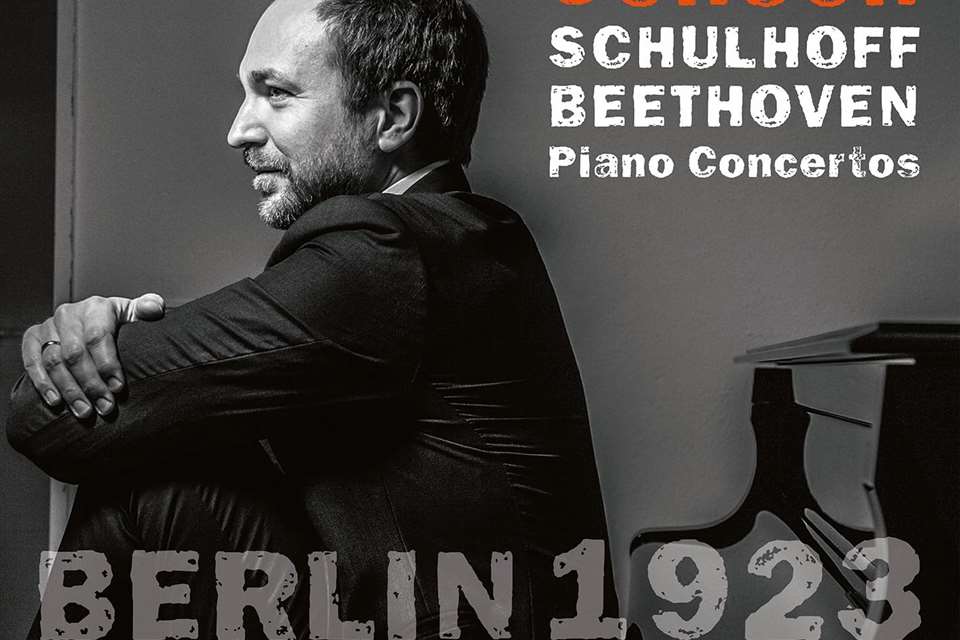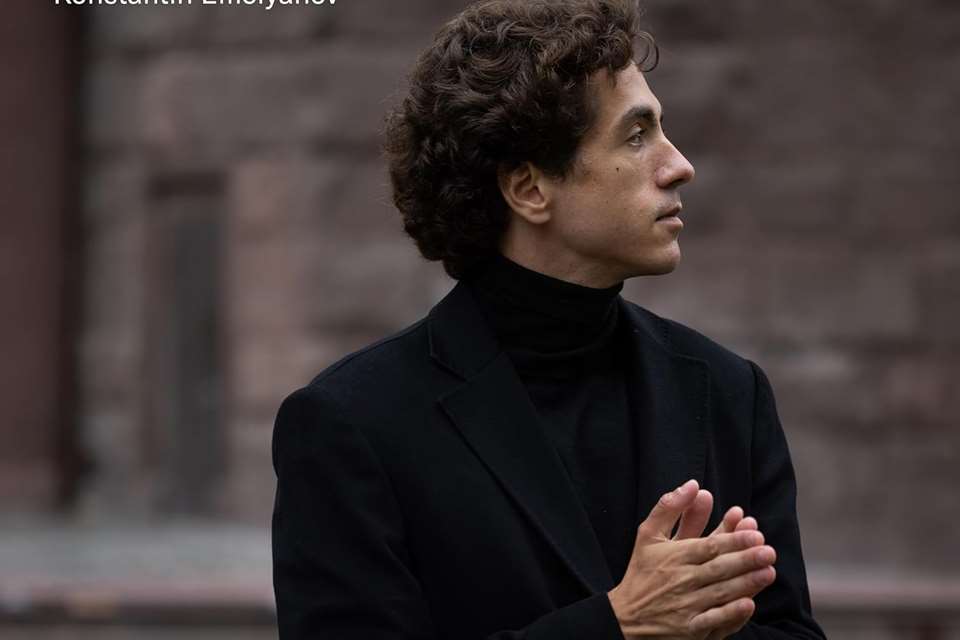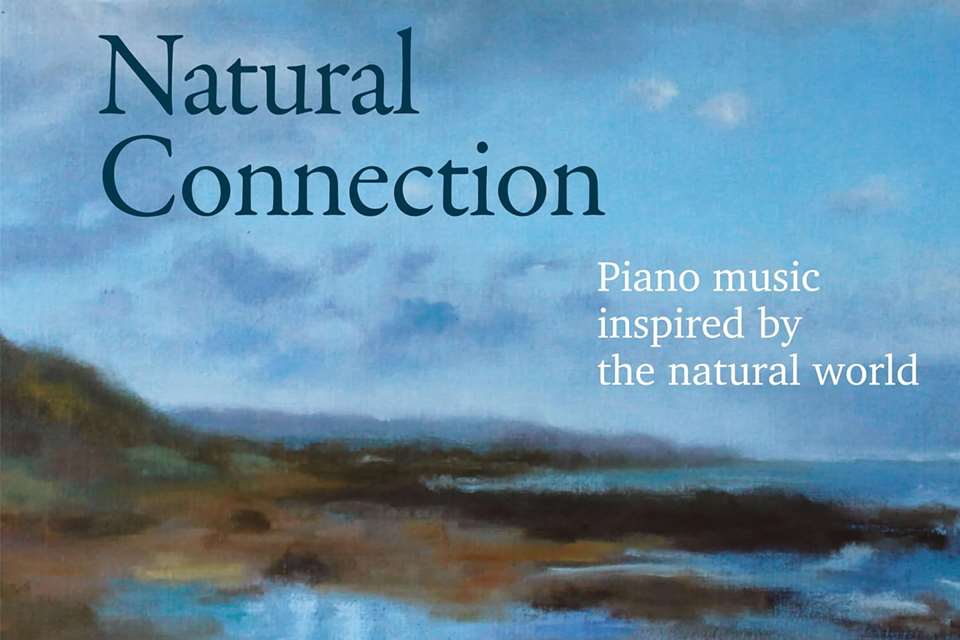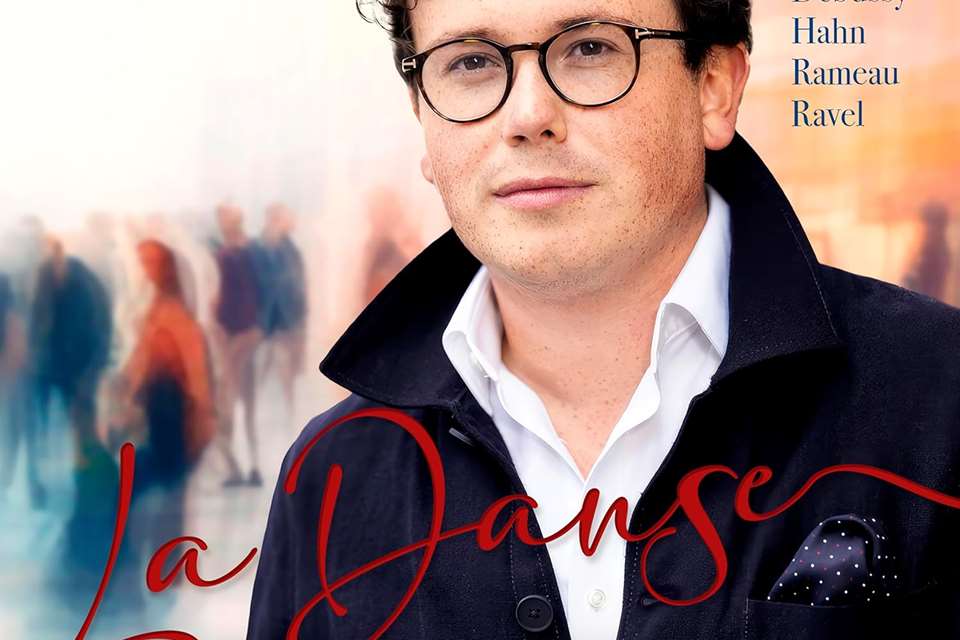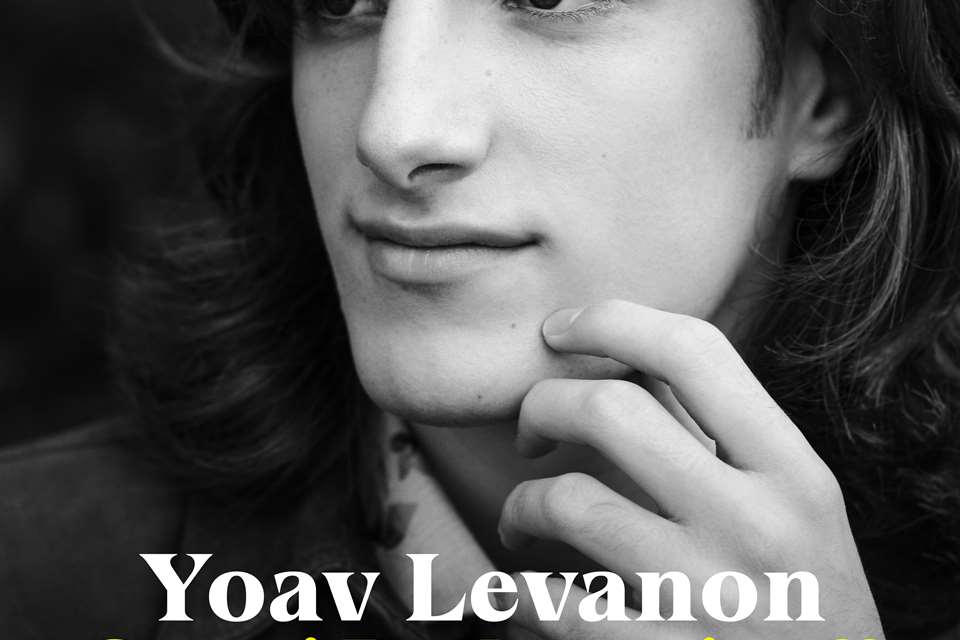N Boulanger: Fantaisie variée. Fauré: Après un rêve, etc. Hahn Piano Concerto (William Youn)
Bryce Morrison
Friday, March 8, 2024
I doubt if Youn’s more neutral performance will win new friends for music dismissed as difficult and obscure
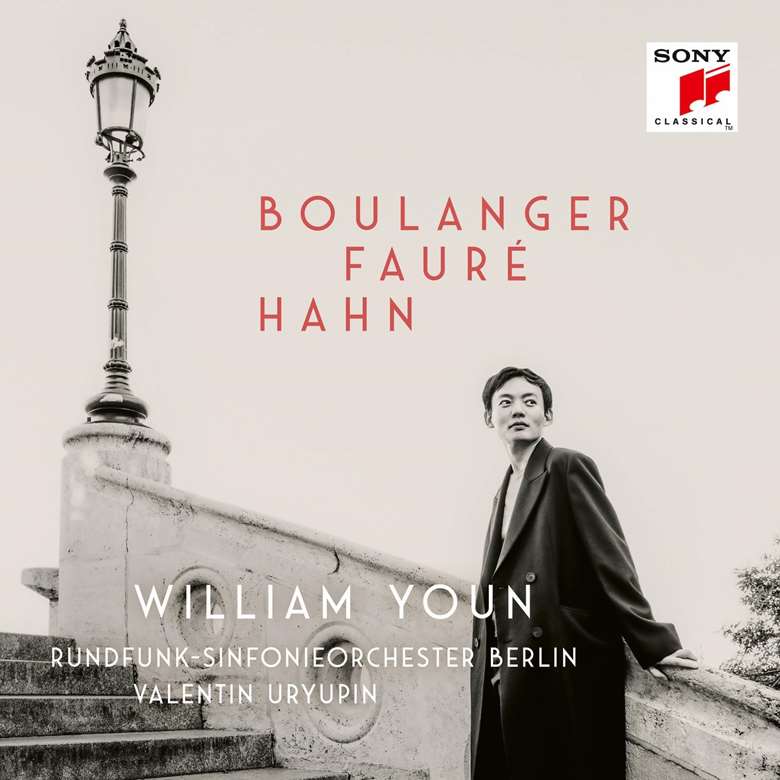
Register now to continue reading
This article is from International Piano. Register today to enjoy our dedicated coverage of the piano world, including:
- Free access to 3 subscriber-only articles per month
- Unlimited access to International Piano's news pages
- Monthly newsletter




